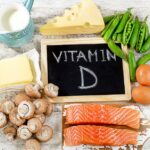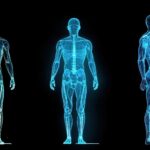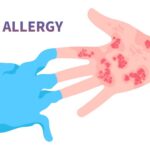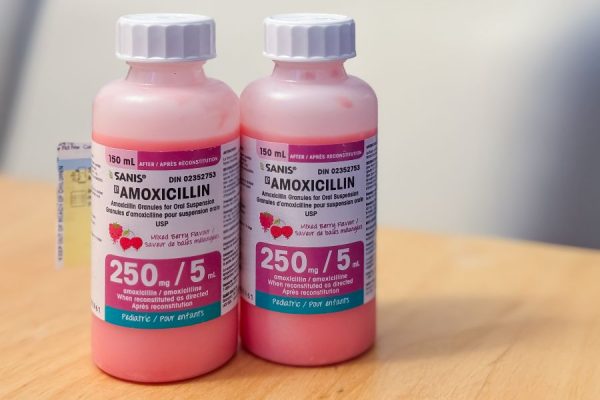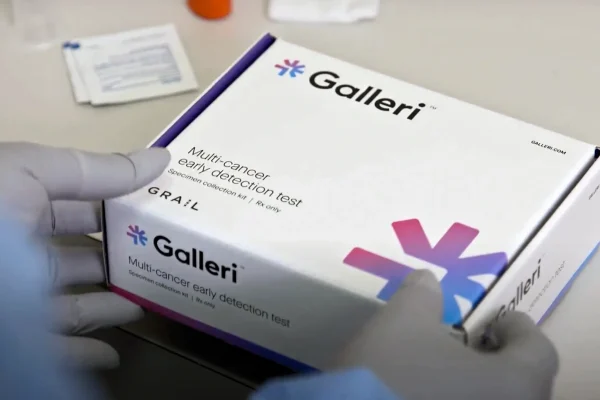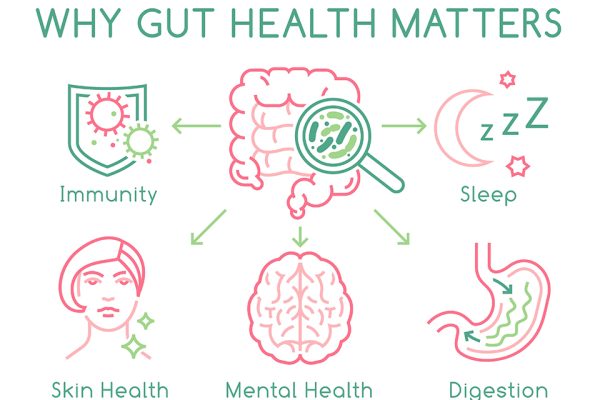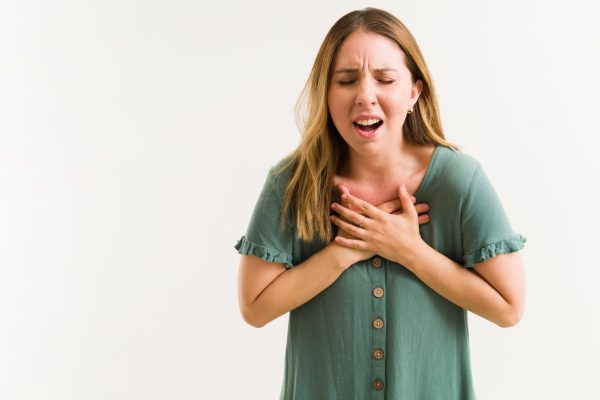
What is cardiac arrest?
What is cardiac arrest? Cardiac arrest occurs when the heart suddenly stops functioning. This is because the heart’s electrical system is not working. Electric signals are how the heart controls the rate and rhythm. During cardiac arrest, the heart does not beat as it normally does and breathing may even stop too. Cardiopulmonary resuscitation (CPR)…



